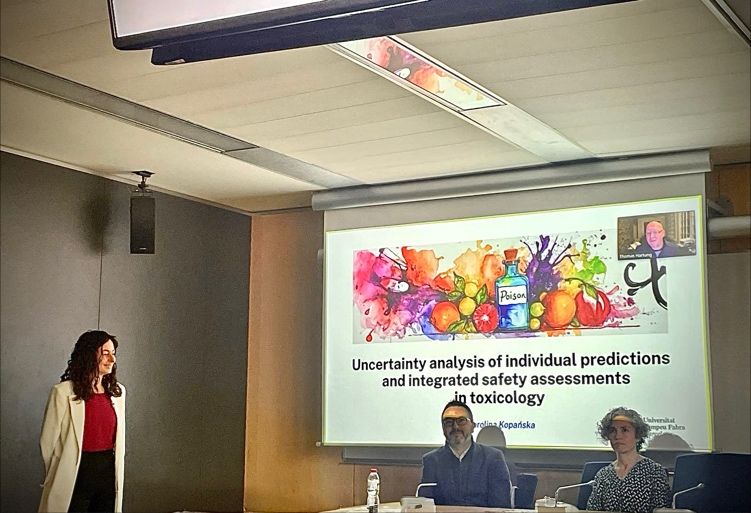
Thesis defence of Karolina Kopánska: “Uncertainty analysis of individual predictions and integrated safety assessments in toxicology”
Last Thursday, 29th of February 2024, at 12:00, Karolina Kopánska, member of the PharmacoInformatics PhI group, has read her thesis and qualified with an Excellent CUM LAUDE: "Uncertainty analysis of individual predictions and integrated safety assessments in toxicology". It took place in room 61.127 of the UPF.
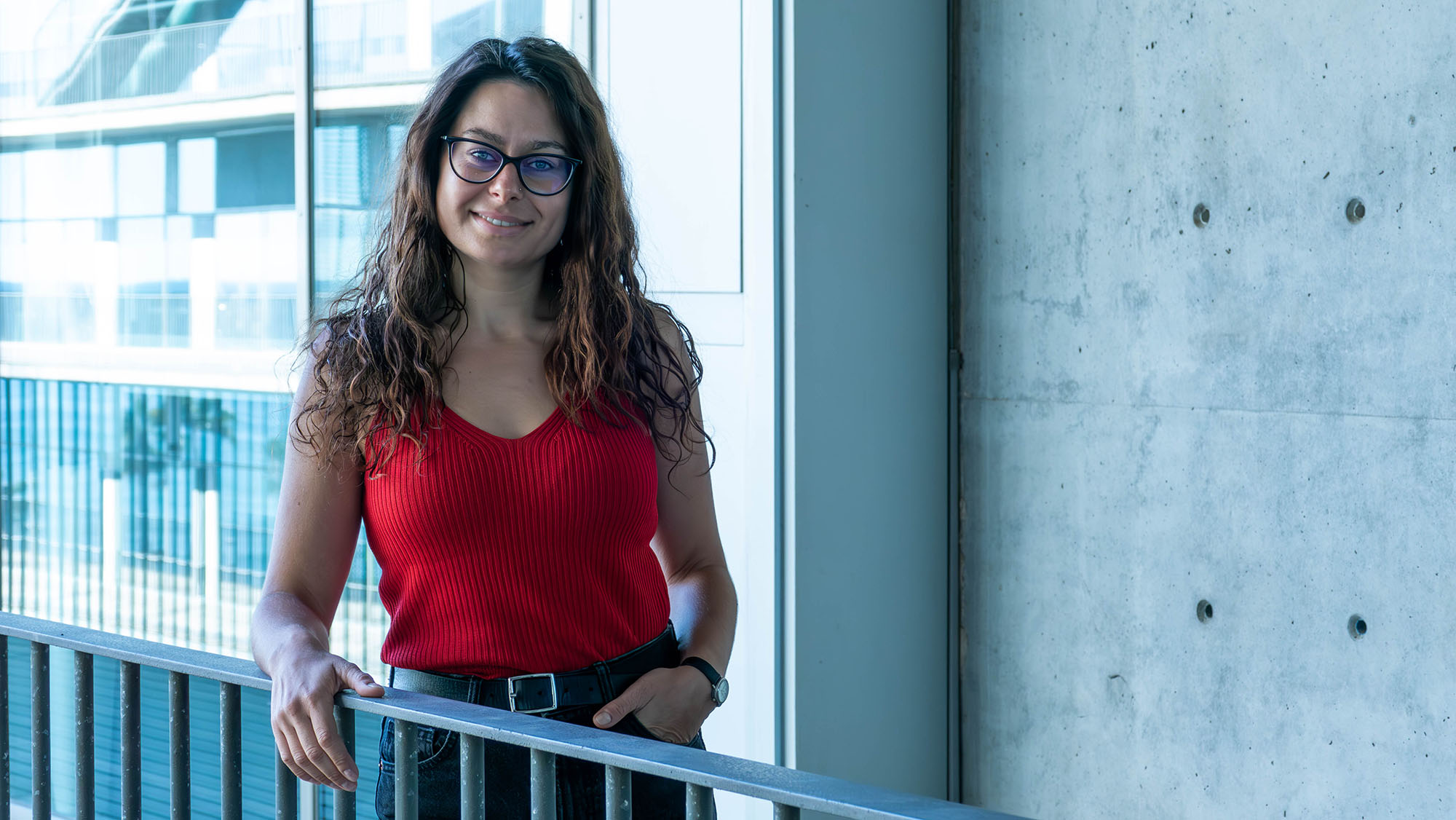
01/2024
Animal experimentation in toxicology for the 21st century: needed or outdated?
In this opinion article, Karolina Kopańska, a PhD student in computational toxicology, tells us about her views on chemical risk assessment with new approach methodologies (NAMs) that avoid the use of animals.
Karolina Kopańska is a postgraduate student pursuing her doctorate in the field of computational toxicology in the PharmacoInformatics Group (GRIB/UPF) led by Manuel Pastor. She recently attended a Summer School on non-animal approaches in science, and here she shares her views after what she learned and what her experience has taught her.
She's interested in topics related with toxicological risk assessment and decision-making under uncertainty, and hopes to make further contributions to strengthen animal-free research in the future.
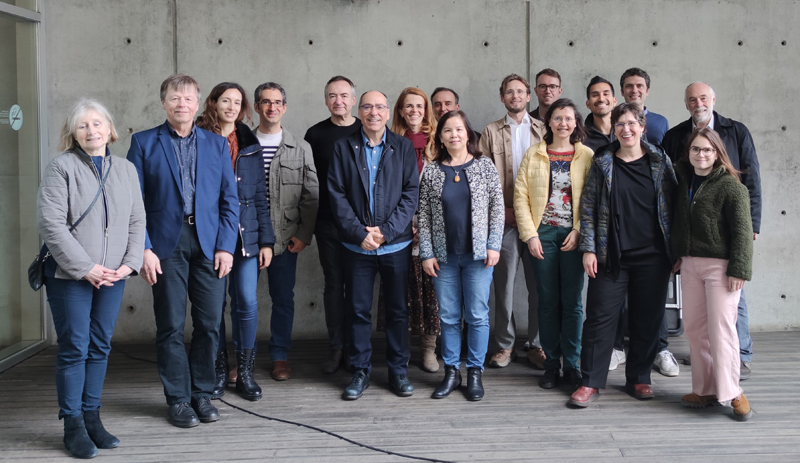
15/11
PERMANENS: Enabling precision medicine software for personalized suicide risk assessment and management to the emergency department
Evidence shows an annual loss of 34.6 million years of life worldwide from suicide. In response, world-renowned mental health and suicide research institutions, in collaboration with bioinformatics experts and GRIB members, have launched PERMANENS, a pioneering European research initiative.
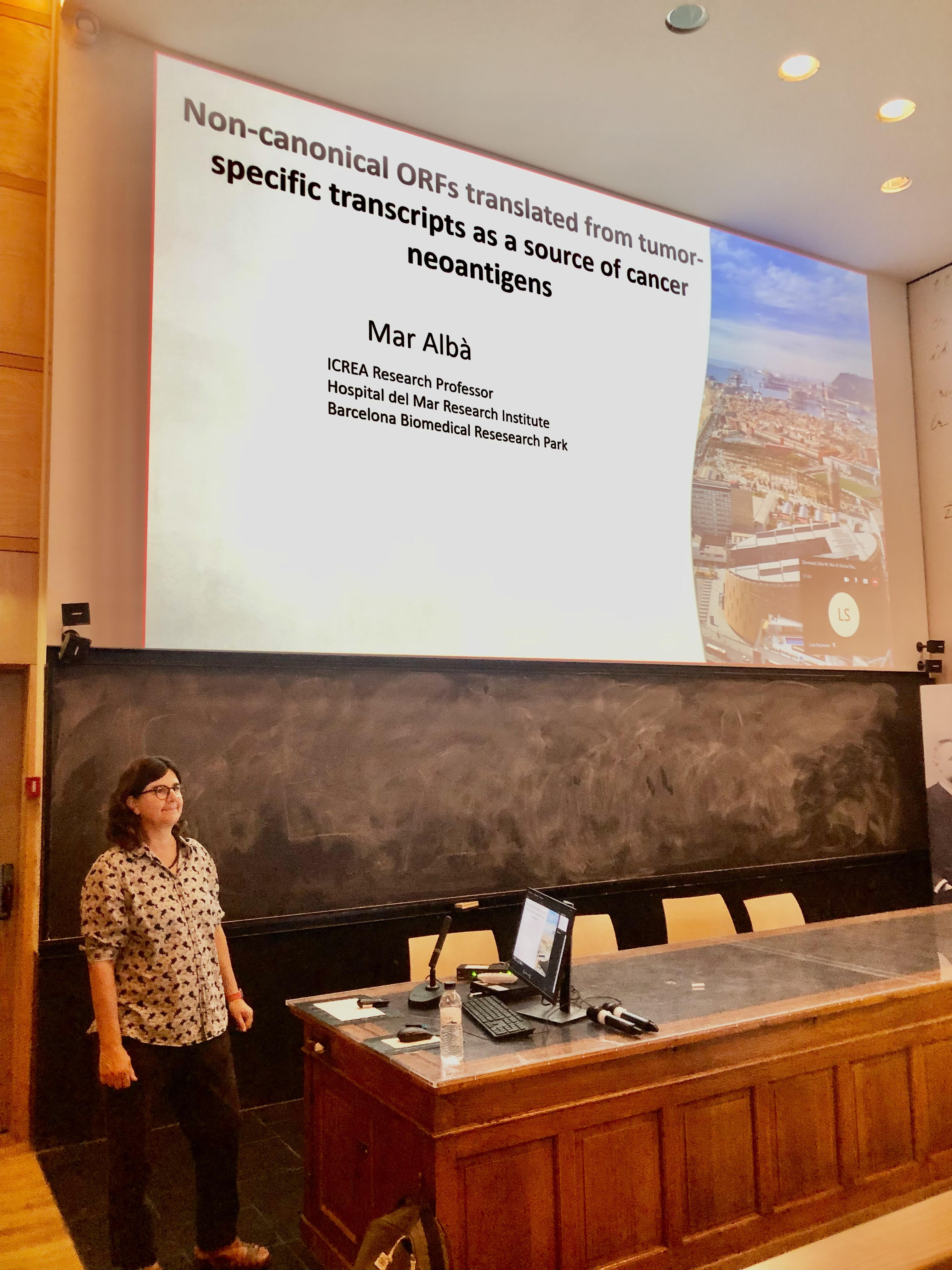
12/09/2023
Seminar by Mar Albà on the 8th of September at the Museum Curie in Paris on the role of non-canonical ORFs in cancer.

23/08
La Agencia Estatal de Investigación grants thousands of euros in aid to GRIB projects
The Hospital de Mar Research Institute will receive 2,148,000 euros from the la Agencia Estatal de Investigación to develop eight research projects, of which three are for GRIB groups

30/6/2023
Culmination of the eTRANSAFE project to share data on the safety of medicines
Press Release IMIM and UPF 29/6/2023
The project, jointly coordinated by UPF professor Ferran Sanz, has enjoyed the participation of numerous members of the GRIB; the UPF research programme in Medical Bioinformatics and the Hospital del Mar Research Institute, as well as the spinoff Medbioinformatics Solutions, which emerged from the same programme.
eTRANSAFE, the European project to share data on the safety of medicines, has come to fruition. On a single platform, the project has integrated data from more than 10,000 pharmacological studies by reference pharmaceutical companies, from a dozen databases that amass public and private information of clinical and preclinical studies. The project has also developed 'Flame', an open-source machine learning application that allows predicting whether future drugs will have adverse effects.
"Sharing data is the order of the day. In the academic world, open data is relatively common but in the business world it is more complicated", explains Ferran Sanz, UPF professor and coordinator of the Integrative Biomedical Informatics Research Group at the GRIB. "However, since drug safety is not the main area of competence in the pharmaceutical industry, the possibility of sharing data is more viable, and hence eTRANSAFE was born. From the opportunity to share data and the need to be able to make better predictions of the toxicity of future drugs", adds Sanz, who acted as academic coordinator of the project.
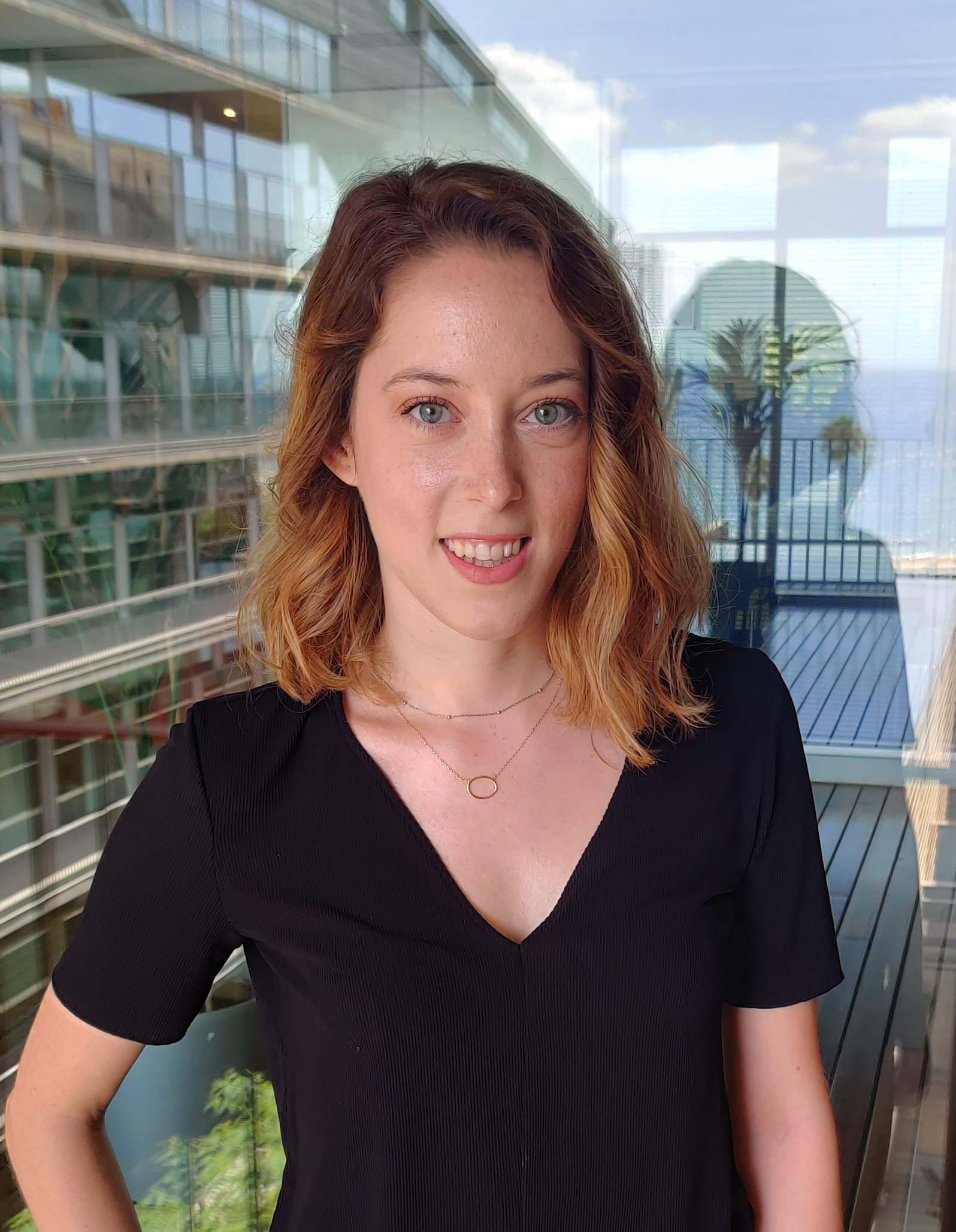
7/7/2023
Mariona Torrens from the PhD Programme in Biomedicine and member of GRIB will receive the Doctoral School PhD Extraordinary Award
Mariona's thesis “Making protein dynamics FAIR: Research platforms for the collection, dissemination, and analysis of molecular dynamics simulations” was supervised by Dr. Jana Selent and Dr. Ferran Sanz
During the 2021-2022 academic year, a total of 96 PhD thesis were read in the PhD Programme in Biomedicine. Their corresponding examination committees put 40 of them forward to compete for the PhD Special Awards.
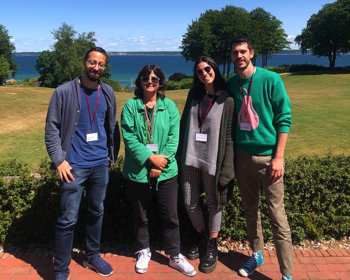
2023
Part of Mar Albà's Team attended the second Microproteins' meeting in Denmark
The 31st of May, Jose Carlos Montañés, Chris Papadopoulos, Marta Espinosa and Mar Albà, members of the Evolutionary Genomics Group, attended the second Microproteins' meeting in Denmark. The meeting was about the state of the art of microproteins, an emerging field in biology, and which is their role in evolution and in the biomedical context.

29/05/2023
The eTransafe consortium presents ToxHub a platform that has collected a large toxicological database
The eTransafe consortium has presented ToxHub a platform whose benefits are to conduct more effective trials, reduce research time and make medicines safer. The project representatives are the Hospital del Mar Institute for Medical Research, the Pompeu Fabra University, GMV, MedBioInformatics, Synapse Research Management Partners and the Barcelona Supercomputing Center.
_150_1675774505_1683617041.png)
04/05/2023
The GPCR drug discovery group led by Dr. Jana Selent, publishes a study that may allow the development of new medicines or the improvement of existing ones
The journal Cell publishes a study that may allow the development of new drugs or the improvement of existing ones, taking advantage of the functioning of a specific type of protein present in the membrane of cells. This is beta arrestin, a type of molecule that acts as a controller, regulating the translation of the signal to the cell. A true 'traffic light' that acts by limiting the time in which transmitters interact and that adjusts the cell's response to its stimulus.



